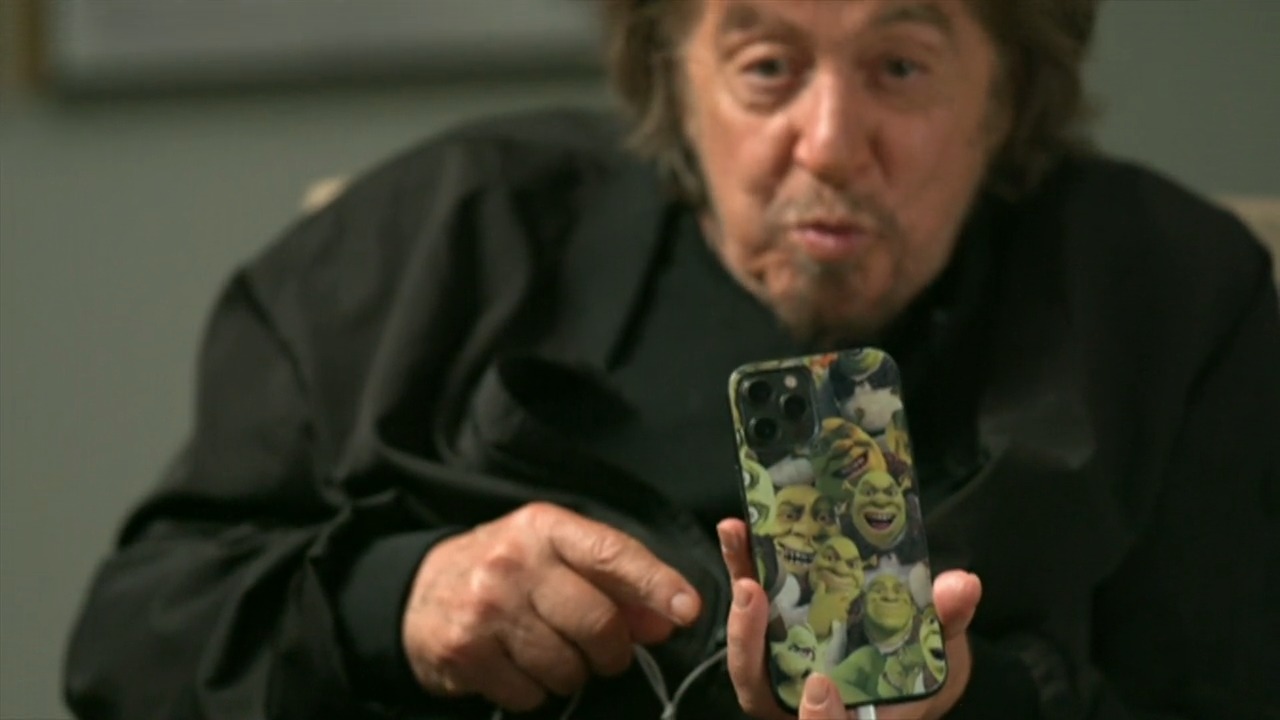and you should provide me with a good one to read! I’ve always thought it was weird a conductor was viewed as in ‘charge’ of people who are all using sheet music but I also know that a central coordinator that tells everyone to start and shit is probably important
how much influence does a conductor have? how do they interact with the other artists artistically and economically? i would love to peer into this a little bit
A conductor performs a number of essential functions for an orchestra:
- Offering a pulse. You may think this is trivial if your experience with music is through rock bands and smaller ensembles, where the musicians can just listen to eachother. But keep in mind that a large orchestra takes up a lot of space, to the point where the speed of sound becomes a major barrier. A symphony orchestra easily spans an area of more than 30 meters, meaning people on the left hear what people on the right play 0.1s late. The ‘beat’ shown by the conductor arrives with the speed of light, keeping the musicians more together.
- Setting the tempo. Orchestral music tends to have more deliberate tempo changes and fermatas (points where a note is held longer than the implied beat would require).
- Controlling the dynamics and timbre that people play with. A lot of that tends to get ironed down during rehearsals, and sometimes it will be explicitly mentioned in the score, but it can be really helpful for players to reminded that, hey, perform this bit light and playful, and over here, be loud and solid. Especially in longer pieces.
- Cueing players when they have to start playing. In orchestral music, some instrument groups may have large swaths of time where they don’t have to play anything (especially percussionists).
Generally the conductor is also responsible for the interpretation of the music. Orchestral scores don’t tend to be black&white, and there are a lot of decisions to be made in how to approach a piece. The conductor is the one who makes those decisions.
GOOD post
Conductors are very useful, they function as a metronome, as an audio engineer, and as someone to queue people in. Many pieces do not have a drummer, so knowing when to come in is very important. A good conductor will practice with an orchestra for weeks or months before a piece is ready for performance. A conductor also adds a human element, they can slow down a piece or speed it up, increase the volume or lower it, and the spot where they stand offers a great place for knowing how loud each instrument section should be (this is critical in a full orchestra with wind instruments and string instruments, trumpets are much louder than cellos for example). Some conductors are very strict, and some conductors could step away and the orchestra would play itself. The best conductors are somewhere in the middle.
If you find this at all interesting I would encourage you to find a way to watch an orchestra rehearse, as watching rehearsal is a great way to understand how a conductor interacts with an orchestra. It’s probably very easy if you have kids, just go watch them play in school. It’s a bit harder if you don’t have kids though, as options for adults are much more scarce, but sometimes there are bands in neighborhoods you can go find.
Source: Years of band practice in school, sometimes with a full orchestra.
that’s a very good idea! a rehearsal would be very compelling before becoming very boring
Every time you have a change in tempo (acc. or rit.), a pause, or a fermata, it’s the conductor that does this. The conductor will also make slight adjustments based on how everything is sounding.
Often times, you will have a conductor who has practiced extensively with the ensemble, and has made several adjustments based on how things work out with the ensemble. Being able to instantly assess what is good or poor, across lots of musicians playing together, is an advanced skill, and conductors tend to be very experienced musicians.
Someone gotta move that wand while ignoring the public, it boosts morale
The wanding will continue until morale improves!
Not an expert, but I think they’re a bit like DJ’s. Some of those are famous too, right? And the musicians are like tracks, except they don’t always keep their tempo, volume and pitch automatically, so the conductor job is more difficult than a DJ’s. The conductor fine tunes all of this. Telling the individual musicians when to start and stop, how fast to go, how loud to play. The sheets leave plenty of room for interpretation.
No essay to offer but a conductor is just a human metronome. They’re “in charge” the same way the person banging the drum is in charge of a rowboat.
That’s true for some, but I’ll push back on this a bit. Some conductors have a great deal of influence and impart a strong characteristic sound or style.*
Herbert von Karajan**, for example, was famous for his dark, smooth sound with lots of bass strings, and very very quiet wind instruments. On the other hand, Simon Rattle, the following principal conductor of the Berlin Philharmonic, has a bright and tinny style. That’s with the same ensemble.
The difference is even greater when you get to Baroque music and its “Historically Informed Performance” styles and instruments. Basically, people used to play Bach like it was Chopin, but then some nerds found out that it was played entirely differently in its own time. Both performance styles are popular today; there is no right or wrong.^
It’s understandable that Marxists, as critics of Great Man Theory, would be skeptical of the extent of the influence of figureheads with, often, large egos, but I think the conductor-musician relationship is a lot more direct than the one between a head of state and their subjects. It’s the conductor’s job to say “no, play it more like this, please,” and the professional musician will heed without arguing (even if they think the conductor is an idiot), because they understand that everyone playing the same style is far more important than the choice of style.
*This reminds me a lot of the conversation surrounding auteur theory.
**Karajan did, like, a dozen “cycles” of Beethoven’s symphonies. He was a lot like Mao Zedong in that he is still regarded as one of the GOATs, despite sticking around for way too long and getting progressively worse over time.
^I happen to dig “fusion” styles.
s understandable that Marxists, as critics of Great Man Theory, would be skeptical of the extent of the influence of figureheads with, often, large egos, but I think the conductor-musician relationship is a lot more direct than the one between a head of state and their subjects.
I think this is very important to understand, particularly in the creative field, where art direction (not in the capitalistic sense of extracting surplus, but in the sense of allocating people and resources to achieve a certain vision) is sometimes key to get somewhere where a single person wouldn’t have been able to.
The nature of said hierarchy and relationship between the person directing and the team is worth critiquing, because more often than not it reinforces or relies on oppressive hierarchies, but I don’t think the role of someone leading a team of artists should be completely abolished.
I guess I was more just talking about what they’re actually doing during a performance.
i’m very favorable to that perspective, but things like a conductor pointing at performers in performances, and the idolisation of certain ones, makes me think they’re doing something in the moment that isn’t necessarily covered by the sheets









